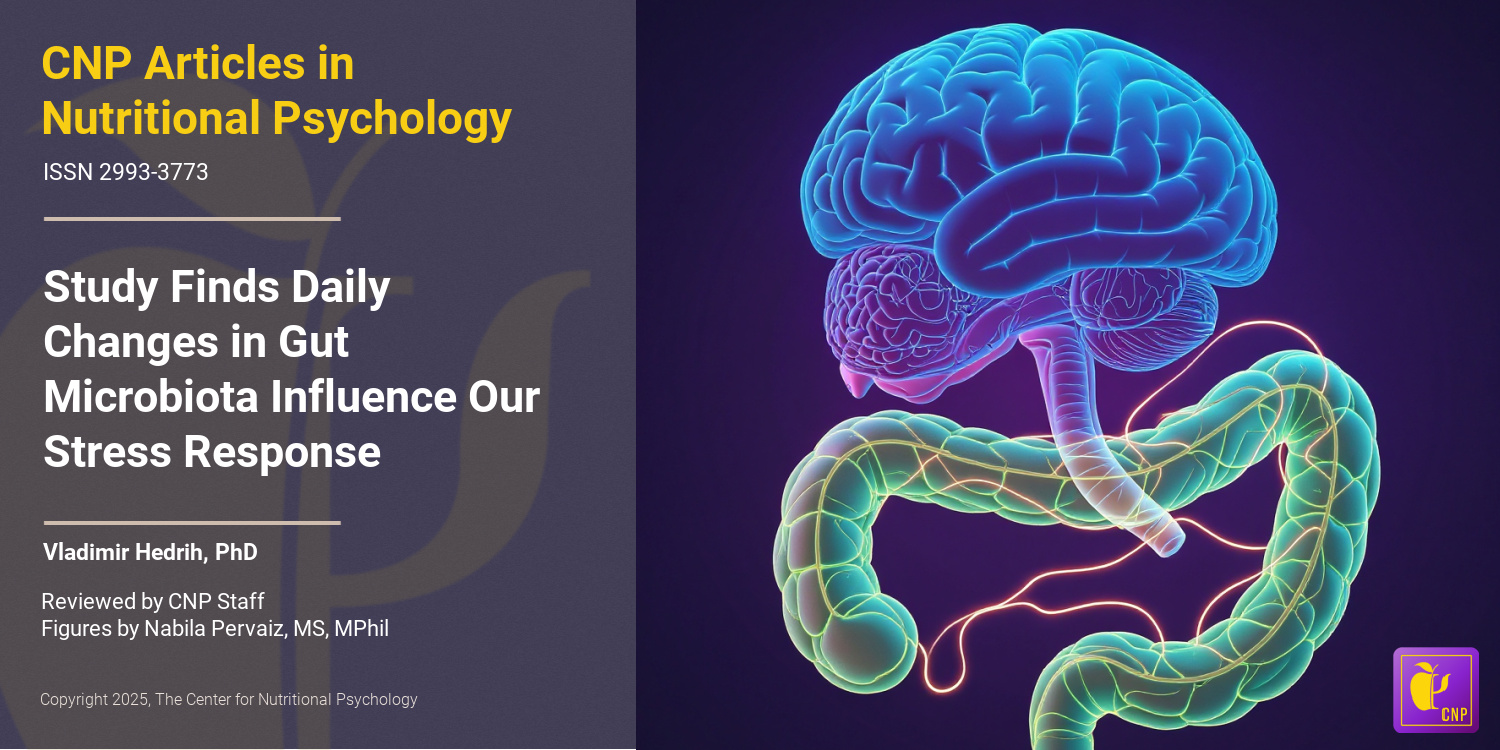Food insecurity affects over 13 million households in the U.S. alone. Food insecurity means having minimal or no access to nutritious and safe foods. While this affects every age bracket of the population ranging from infants to elderly, a recent study by Martinez, Esaryk, Moffat, and Ritchie (2020) wanted to examine the particular effect of food insecurity on the academic performance and mental health of college students.
Costs of living expenses are on the rise and college students are one of numerous populations affected. Many students do not have the ability to live on limited resources and may feel shame in asking for help. Previous studies have shown that in addition to enduring uncomfortable feelings of physical hunger, students experiencing food insecurity also show decreased academic performance. Students as a population report higher levels of depressive feelings and feelings of isolation.
In the study at hand, Martinez et al. examined the association between food insecurity and academic performance and mental health. Over 8,000 students from the University of California public college system were selected to complete an online survey assessing Grade Point Average (GPA), food insecurity level, and student mental health.
Food security was assessed through a validated US Department of Agriculture (USDA) 6-item short survey. The USDA short survey categorized food insecurity in the following categories: food secure, low food secure, and very low food secure.
Students reported their grade point average (G.P.A.), and the National College Health Assessment II survey captured mental health ratings through self-reported feelings of hopelessness, overwhelm, exhaustion, loneliness, sadness, anger, and depression.
Food insecurity affects Students: Of the students included in the study, findings showed that 40% experienced food insecurity. In terms of grades, 51% of food-secure students had a cumulative A average, whereas only 30% of food-insecure students had a cumulative A average. Of those students having a C grade average, 19% of them were food insecure compared to 9% of students that were food-secure.
In terms of mental health indicators, food insecure students had significantly higher proportions of mental health indicators compared to food-secure students.
These findings show that students experiencing hunger from food insecurity have challenges with concentration that could be affecting their academic performance. The authors state that academic performance and mental health can improve if food insecurity is addressed, and that higher education campus services can be a good place to instill intervention programs to help address food insecurity among university students.
References
Martinez, S. M., Frongillo, E. A., Leung, C., & Ritchie, L. (2020). No food for thought: Food insecurity is related to poor mental health and lower academic performance among students in California’s public university system. Journal of Health Psychology, 25(12), 1930–1939. https://doi.org/10.1177/1359105318783028
Coleman-Jensen, A., Rabbitt, M. P., Gregory, C. and Singh, A. (2020). Household Food Security in the United States in 2019. https://www.ers.usda.gov/webdocs/publications/99282/err275_summary.pdf?v=4695.5
Suggested Further Reading
Martinez, S. M., Esaryk, E. E., Moffat, L., & Ritchie, L. (2021). Redefining Basic Needs for Higher Education: It’s More Than Minimal Food and Housing According to California University Students. American Journal of Health Promotion, 890117121992295. Advance online publication. https://doi.org/10.1177/0890117121992295
Wolfson, J. A., Garcia, T., & Leung, C. W. (2021). Food Insecurity Is Associated with Depression, Anxiety, and Stress: Evidence from the Early Days of the COVID-19 Pandemic in the United States. Health Equity, 5(1), 64–71. https://doi.org/10.1089/heq.2020.0059










